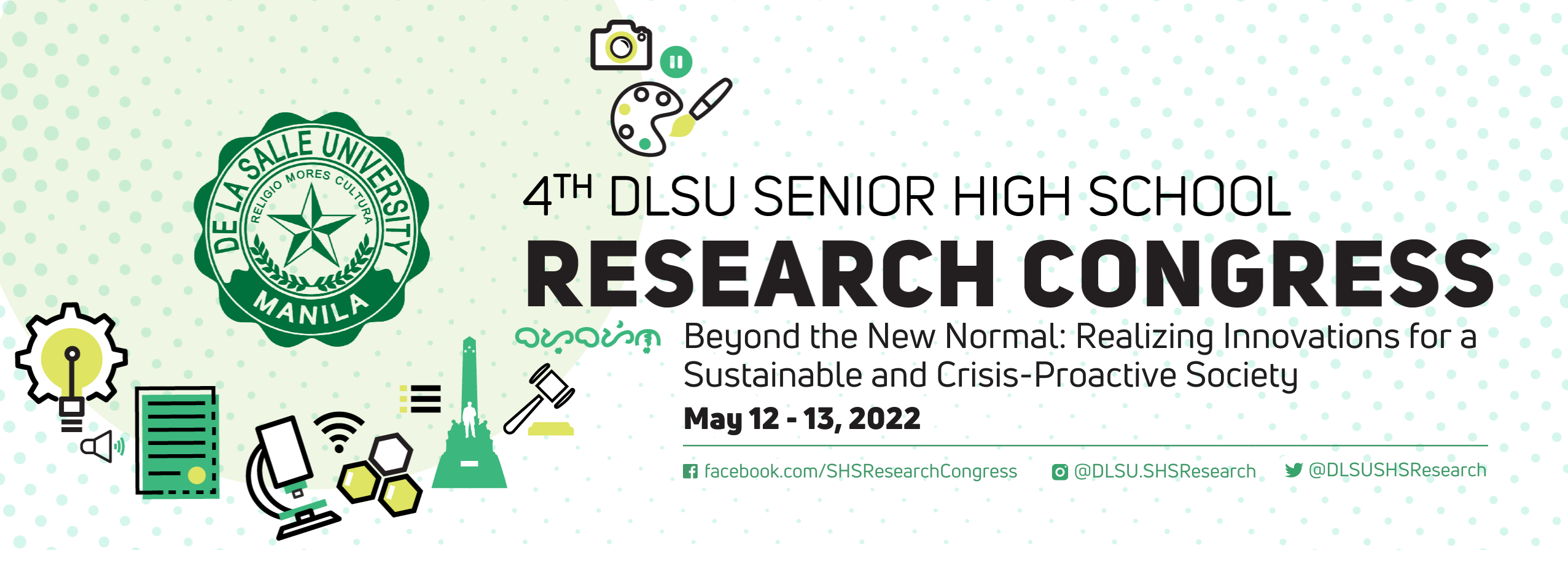Document Types
Paper Presentation
Research Theme (for Paper Presentation and Poster Presentation submissions only)
Computer and Software Technology, and Robotics (CSR)
Research Advisor (Last Name, First Name, Middle Initial)
Liandro Antonio T. Tabora
Start Date
13-5-2022 10:30 AM
End Date
13-5-2022 12:00 PM
Abstract/Executive Summary
As the COVID-19 pandemic has brought the world on hold, schools were forced to close their doors and conduct their classes in an online setup. In the online setup, students do not experience the same interactivity as face-to-face classes. Technology today now offers online simulations that can make up for the lack of interactivity in the online setup. By using a simulation game entitled “Space Engineers”, the study aims to investigate the different possible activities present in Space Engineers that are best in assisting the students in learning certain physics concepts. Through this, learning activities can be designed in the simulation game that can act as virtual laboratory classes. With the combination of a pre-experiment test, post-experiment test, and opinion survey, the scores collected will go through a comparison with the use of Mean and Standard Deviation Analysis and T-Test. After gathering the data and using the mean and sd analysis, the resulting p-value was >0.5. The use of Space Engineers as a means of providing a virtual laboratory to students yields no significant difference when compared to the usual set-up of experiments and activities the students are subjected to in online classes.
Keywords
Simulations; Physics; Space Engineers; Online Classes; Physics Laboratories
Exploring “Space Engineers”: A Video Game as an Academic Tool for Simulating Physics Laboratory Classes
As the COVID-19 pandemic has brought the world on hold, schools were forced to close their doors and conduct their classes in an online setup. In the online setup, students do not experience the same interactivity as face-to-face classes. Technology today now offers online simulations that can make up for the lack of interactivity in the online setup. By using a simulation game entitled “Space Engineers”, the study aims to investigate the different possible activities present in Space Engineers that are best in assisting the students in learning certain physics concepts. Through this, learning activities can be designed in the simulation game that can act as virtual laboratory classes. With the combination of a pre-experiment test, post-experiment test, and opinion survey, the scores collected will go through a comparison with the use of Mean and Standard Deviation Analysis and T-Test. After gathering the data and using the mean and sd analysis, the resulting p-value was >0.5. The use of Space Engineers as a means of providing a virtual laboratory to students yields no significant difference when compared to the usual set-up of experiments and activities the students are subjected to in online classes.


